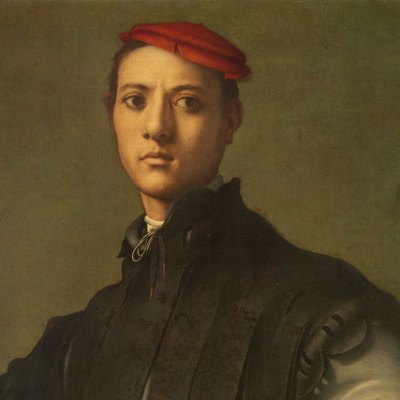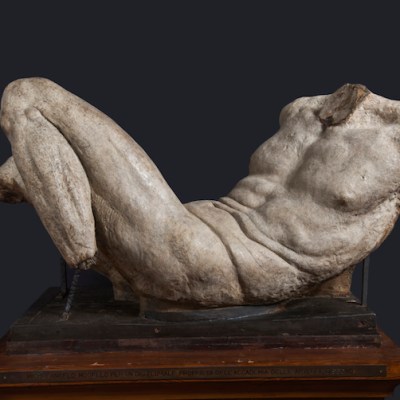This week’s book competition prize is Miraculous Encounters: Pontormo from Drawing to Painting by Bruce Edelstein and Davide Gasparotto (eds.), published by Getty Publications. Click here for your chance to win.
Jacopo Carucci, known as Pontormo (1494–1557), was the leading painter in mid 16th-century Florence and one of the most original Mannerist artists. His singular style was much influenced by Michelangelo, though he also drew from northern art, especially the work of Albrecht Dürer.
This catalogue brings together a small but important group of preparatory drawings and finished paintings that centre on Pontormo’s great masterpiece, The Visitation, which represents the moment of encounter between the Virgin Mary and her cousin Elizabeth, who reveal to each other that both are pregnant. The painting is presented – for the first time – along with its highly finished preparatory drawing, which is squared for transfer to the larger surface of the panel. The combination of rigorous research and quality reproductions reveals the painter’s creative process as never before. Other acclaimed paintings, including Portrait of a Halberdier and Portrait of Carlo Neroni, will also be shown alongside their preparatory drawings. Readers will encounter Pontormo both as a religious painter and a painter of portraits in this nuanced account of the celebrated artist.
Answer the following question, by 10 p.m. on 5 October, to win a copy of Miraculous Encounters: Pontormo from Drawing to Painting by Bruce Edelstein and Davide Gasparotto (eds.) (Getty Publications).
Q: In which museum can you see Pontormo’s Portrait of a Halberdier?
For our last competition prize we offered Corot: Women by Mary Morton et al. (Yale University Press/National Gallery of Art, Washington, D.C.). The question was:
Which painter left Corot’s The Italian Woman to the National Gallery in London in his will?
Answer: Lucian Freud
Congratulations to the winner, Leslie Arthur



